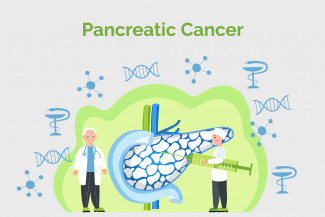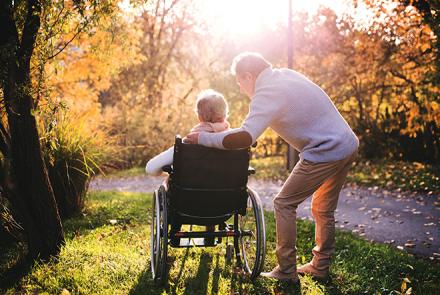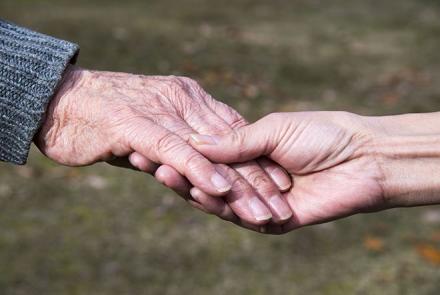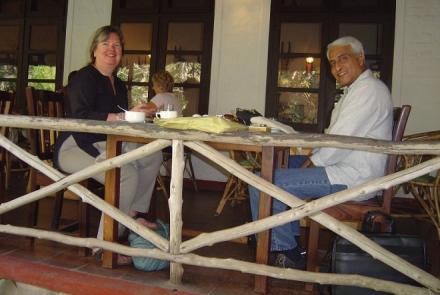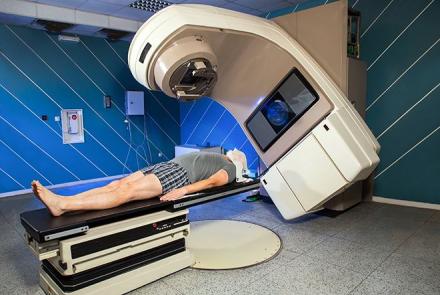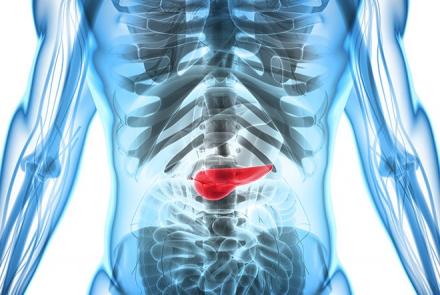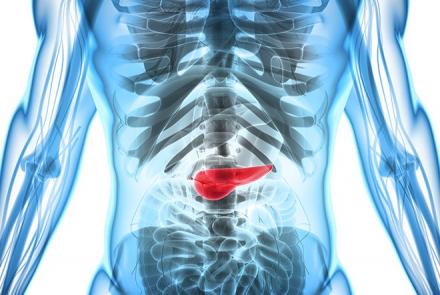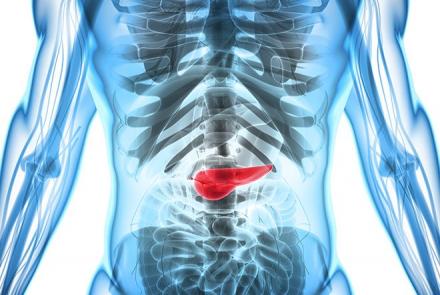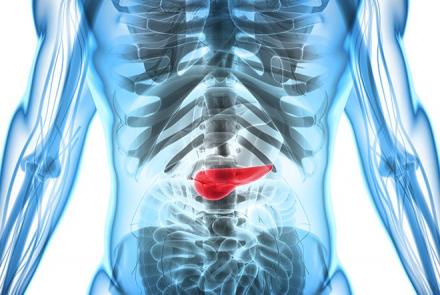The early stages of this cancer do not usually produce symptoms, so the disease is generally advanced when it is diagnosed. Its often referred to as a "silent killer". The estimated 5-year prevalence of people in the world living with pancreatic cancer is 4.1 per 100,000. This cancer is almost always fatal.
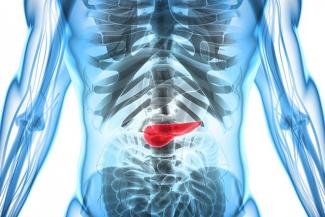
The exact cause of most Pancreatic cancers is still unknown but there are established risk factors that greatly increase the likelihood of getting cancer in the pancreas. Most risk factors affect or alter the DNA of the cells that causes abnormal growth of cells; such DNA mutations can also be due to inherited genes.
The most common type of pancreatic cancer is Pancreatic ductal adenocarcinoma (PDAC).
Risk factors of Pancreatic Cancer:
- Tobacco use: this includes both smoking and smokeless tobacco and accounts for 1/3 of all pancreatic cancer cases.
- Obesity/Overweight: this includes increased waist girth even in people who are not overweight.
- Chemical exposure: heavy and extended exposure to workplace chemicals such as in dry cleaning, metal industries etc.
- Family history: seen in certain families who have an inherited genetic syndrome. Such syndromes include-
- Hereditary breast & ovarian cancer
- Familial pancreatitis
- Lynch syndrome
- Von Hippel-Landau syndrome
- Peutz-Jeghers syndrome
- FAMM-PC syndrome
- Neurofibromatosis type 1
- Multiple endocrine neoplasia (MEN) type 1
- Diabetes: risk is higher in patients with long-term or sudden-onset of Type 2 diabetes; possibly related to being overweight/ obesity.
- Age: most people above 45 are at increased risk. Average age at diagnosis is found to be 71 years.
- Liver cirrhosis: seen in patients with alcohol abuse, liver damage, hepatitis, hemochromatosis (excess iron) etc.
- Gastrointestinal problems: such as H.pyloris infection, chronic acidity, gall bladder surgery etc.
- Diet: regular and heavy intake of alcohol and red or processed meat.
- Blood group: people with blood group A may have a higher risk according to research.
- Gender: Men are more at risk than women.
- Race: People of African and Ashkenazi jewish descent are more at risk.
Changed
24/Jan/2019
Condition

